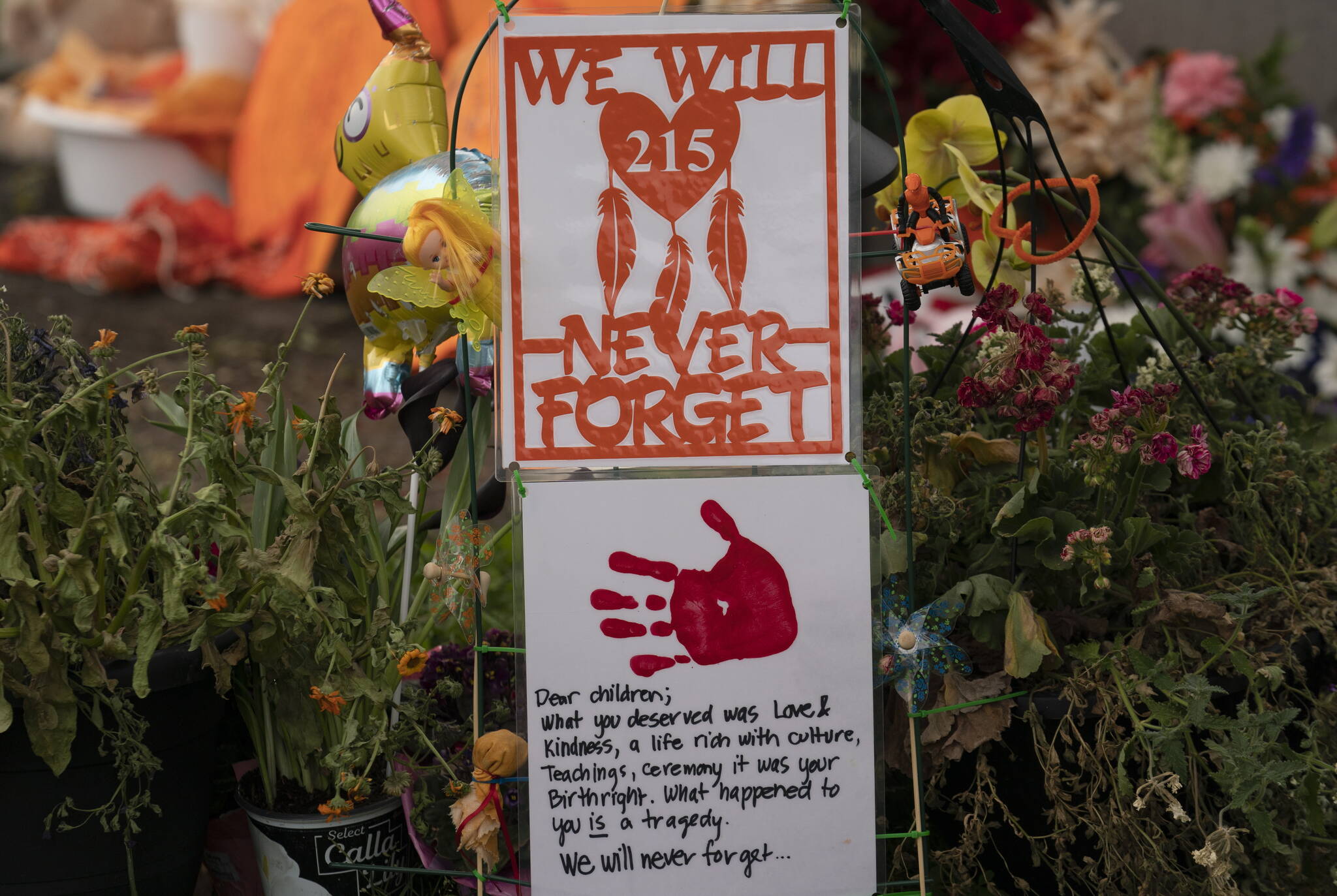Editor’s note: The story below may trigger difficult or traumatic thoughts and memories. The Indian Residential School Survivors Society’s 24-hour crisis line is available at 1-866-925-4419.
The provincial government will allocate $1.5 million towards culturally safe and trauma-informed mental health and wellness services for Indigenous Peoples.
The funding is part of the $12-million B.C Residential School Response Fund announced in June. The funding, funnelled through the First Nations Health Authority, will be split between three Indigenous-led organizations: $750,000 towards the Indian Residential School Survivors Society, $500,000 towards the Tsow-Tun Le Lum Society and $250,000 towards the Métis Counselling Connection Program.
Minister of Indigenous Relations and Reconciliation Murray Rankin said that there has been a “dramatic increase” in demand for mental health supports from Indigenous Peoples in recent months, as the existence of graves at former residential schools have made headlines in B.C. and across the country.
He said that now is a “time of reckoning in British Columbian and across Canada.”
Colette Trudeau, senior director of operations and administration for Métis Nation British Columbia, said that it was important to have Indigenous-led services available to people in crisis.
“It’s about having someone on the other line who’s Indigenous, who understand their lived experience, has cultural competency associated with having these types of conversations and that empathy that comes with these conversations,” Trudeau said.
Angela white, executive direcotr of the Indian Residential School Survivors Society, said that the initial moments of the call are incredibly important.
“(The call-taker) will ground you to make sure that you have that ability to not leave that conversation in a harmful way, or making sure that you have the avenues you need to take to ensure that you or anyone else has has the support required.”
National Truth and Reconciliation Day is this Thursday, coinciding with Orange Shirt Day. While only federal workers, federally regulated sectors and B.C. public service employees must get the day off work, White said there are still actions that everyone can take that day.
“What other Canadians and British Columbia we can do is really simply take pause, take notice, do your own education, do your own research,” she said. “And if you can reach out and try and and talk to either an intergenerational survivor or a survivor from residential school, and have be open to their story, and listen and really try to figure out where they’re coming from and believe what they’re what they’re telling you.”

